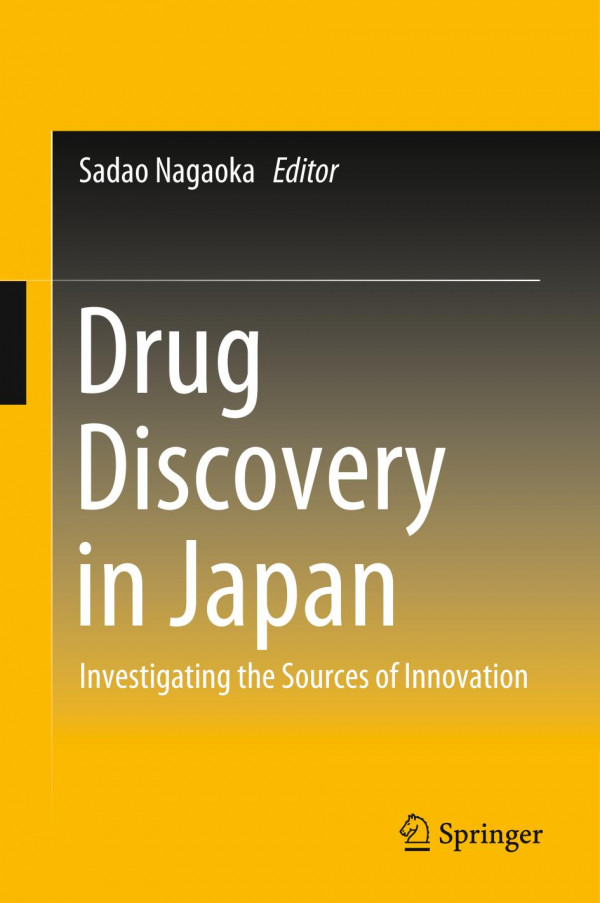

Most ebook files are in PDF format, so you can easily read them using various software such as Foxit Reader or directly on the Google Chrome browser.
Some ebook files are released by publishers in other formats such as .awz, .mobi, .epub, .fb2, etc. You may need to install specific software to read these formats on mobile/PC, such as Calibre.
Please read the tutorial at this link: https://ebookbell.com/faq
We offer FREE conversion to the popular formats you request; however, this may take some time. Therefore, right after payment, please email us, and we will try to provide the service as quickly as possible.
For some exceptional file formats or broken links (if any), please refrain from opening any disputes. Instead, email us first, and we will try to assist within a maximum of 6 hours.
EbookBell Team

4.8
34 reviewsThis book analyzes the drug-discovery process in Japan, based on detailed case studies of 12 groups of 15 innovative drugs. It covers the first statin in the world up to the recent major breakthrough in cancer therapy, the recent immune checkpoint inhibitor, the scientific discovery for which a 2018 Nobel Prize in Physiology or Medicine was awarded to Prof. Tasuku Honjo, Kyoto University. The book shows the pervasive high uncertainty in drug discovery: frequent occurrences of unexpected difficulties, discontinuations, serendipities, and good luck, significantly because drug discovery starts when the underlying science is incomplete. Thus, there exist dynamic interactions between scientific progress and drug discovery. High uncertainty also makes the value of an entrepreneurial scientist high. Such scientists fill the knowledge gaps by absorbing external scientific progress and by relentless pursuit of possibilities through their own research, often including unauthorized research, to overcome crises. Further, high uncertainty and its resolution significantly characterize the evolution of competition in the drug industry. The patent system promotes innovation under high uncertainty not only by enhancing appropriability of R&D investment but also by facilitating the combination of knowledge and capabilities among different firms through disclosure. Understanding such a process significantly benefits the creation of innovation management and policy practices.